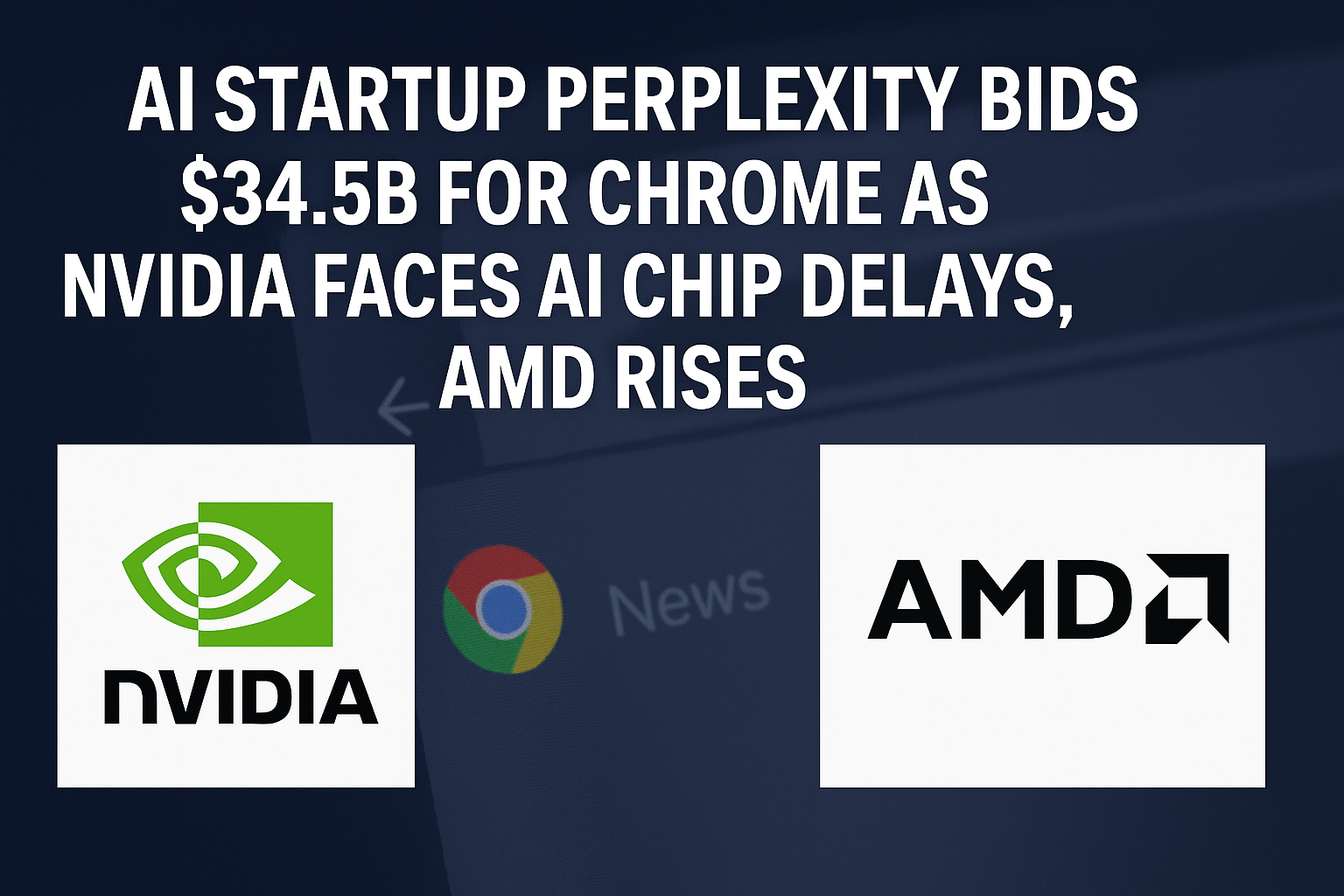Early Wednesday, NVIDIA shares saw a modest rise. But according to one analyst, the company might face delays in rolling out its next-generation AI chips — especially as it contends with growing competition from Advanced Micro Devices (AMD).
In early trading, NVIDIA’s stock rose by 0.2% to $183.53, trailing behind the 0.5% gain in the Nasdaq Composite Index.
One possible reason for the stock’s lukewarm movement? An analyst’s claim that NVIDIA’s upcoming Rubin hardware may be sent back to the drawing board in response to AMD’s potentially superior offerings.
“There’s a high likelihood that Rubin will be delayed,” wrote Fubon Research analyst Sherman Shang in a research note. “The first version of Rubin was released at the end of June, but NVIDIA is now redesigning the chip to better compete with AMD’s upcoming MI450.”
Shang added that while the market is generally expecting mass production of Rubin chips to begin in Q3 of 2026, supply chain checks indicate that only a “limited quantity” may be available next year. This is because NVIDIA is exploring ways to boost the chip’s processing power — a move that’s introducing new manufacturing challenges.
As revealed in Barron’s prior consideration, it seems that NVIDIA’s significance with Polaris has only not been broken by AMD’s current AI week chips. However, AMD’s MI400 series — which includes the MI450 — will be the company’s first rack-scale AI server offering with 72 processors. That could position AMD as a much stronger competitor.
NVIDIA did not immediately respond to a request for comment on Wednesday morning. Meanwhile, AMD shares were up 2.9% in early trading.
In related news, AI cloud company CoreWeave said in its Tuesday earnings report that demand is “unmatched,” and it expects strong performance from NVIDIA’s latest GB200/GB300 NVL72 AI servers over the next four quarters. CoreWeave rents servers built exclusively with NVIDIA hardware-and with NVIDIA also being an investor in the company.
CoreWeave CEO Michael Intrator told analysts during the earnings call:
“We’ve never wavered in our belief that the market is structurally supply-constrained. That’s based on our ongoing conversations and relationships with some of the biggest and most important users of this infrastructure globally.”

[…] in a video conference that Chinese officials have inquired about rumors of a security backdoor in NVIDIA’s chips. He responded by clarifying that no such backdoor exists, […]
Gamebet3 is alright. Not the flashiest site, but it gets the job done. Decent odds, nothing too crazy. Worth a look if you’re shopping around. gamebet3
Betsesporte, man, this site is actually pretty solid! I was surprised by the odds they’re offering. Gave it a go and had some fun. I’d say it’s worth checking out if you’re looking for a new spot to place your bets. betsesporte
79xcom? Hmm, I haven’t explored that one yet. But if it’s anything like the other ones, could be a decent time waster. Scope it out here: 79xcom.
Okay okay, I found another betting site brrbet33 and I thought it was amazing and fantastic. It’s a fun place to spend time with your family. Check it: brrbet33